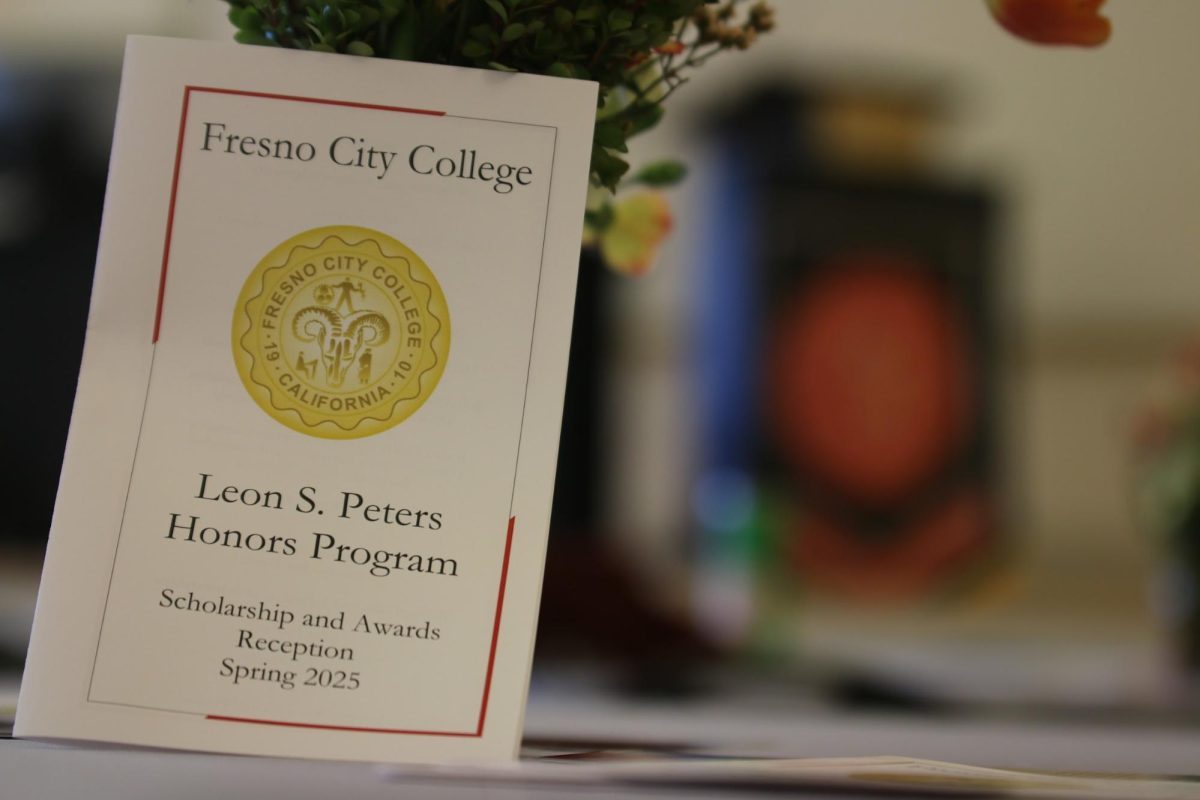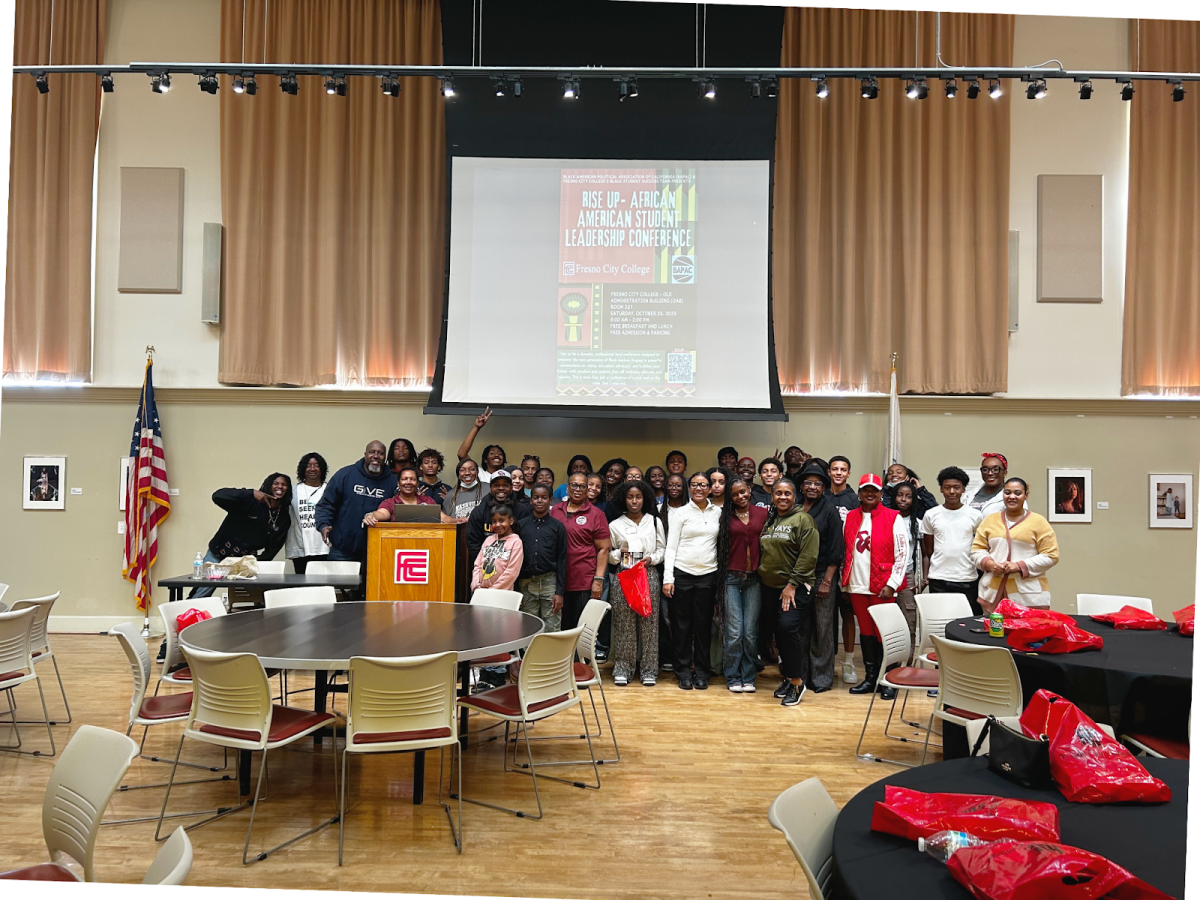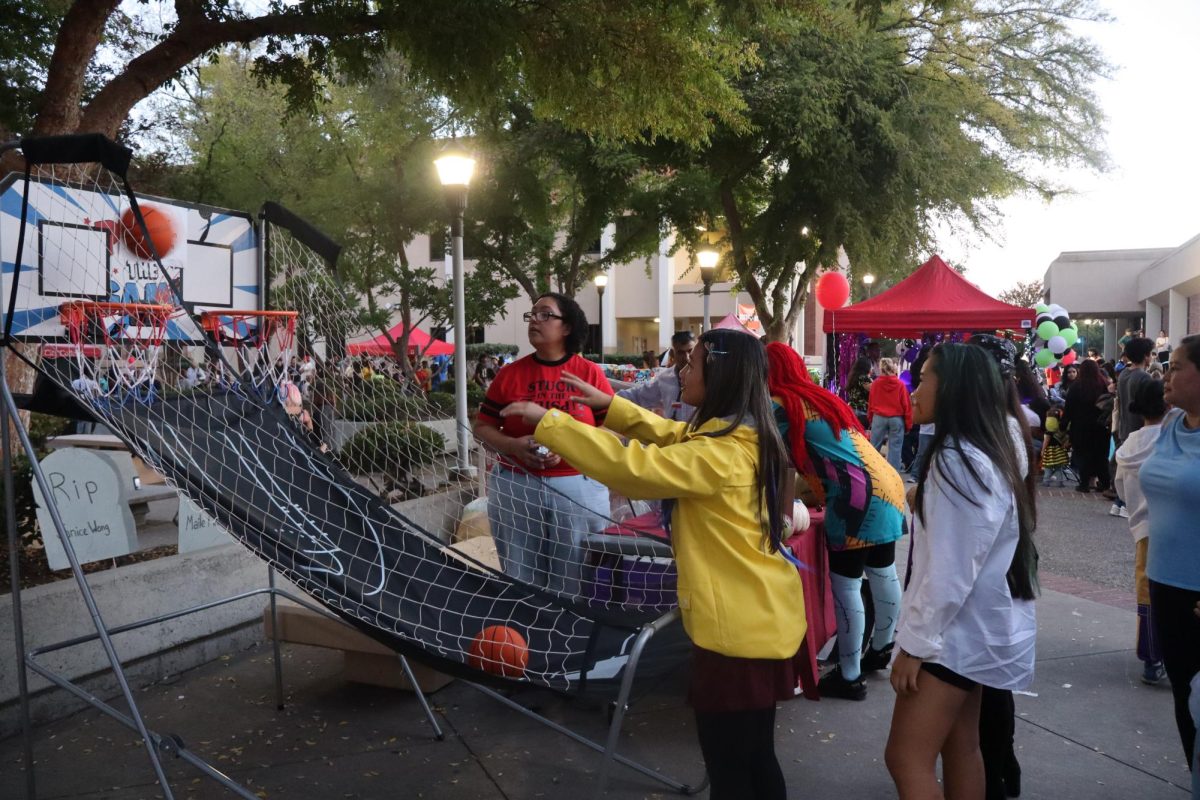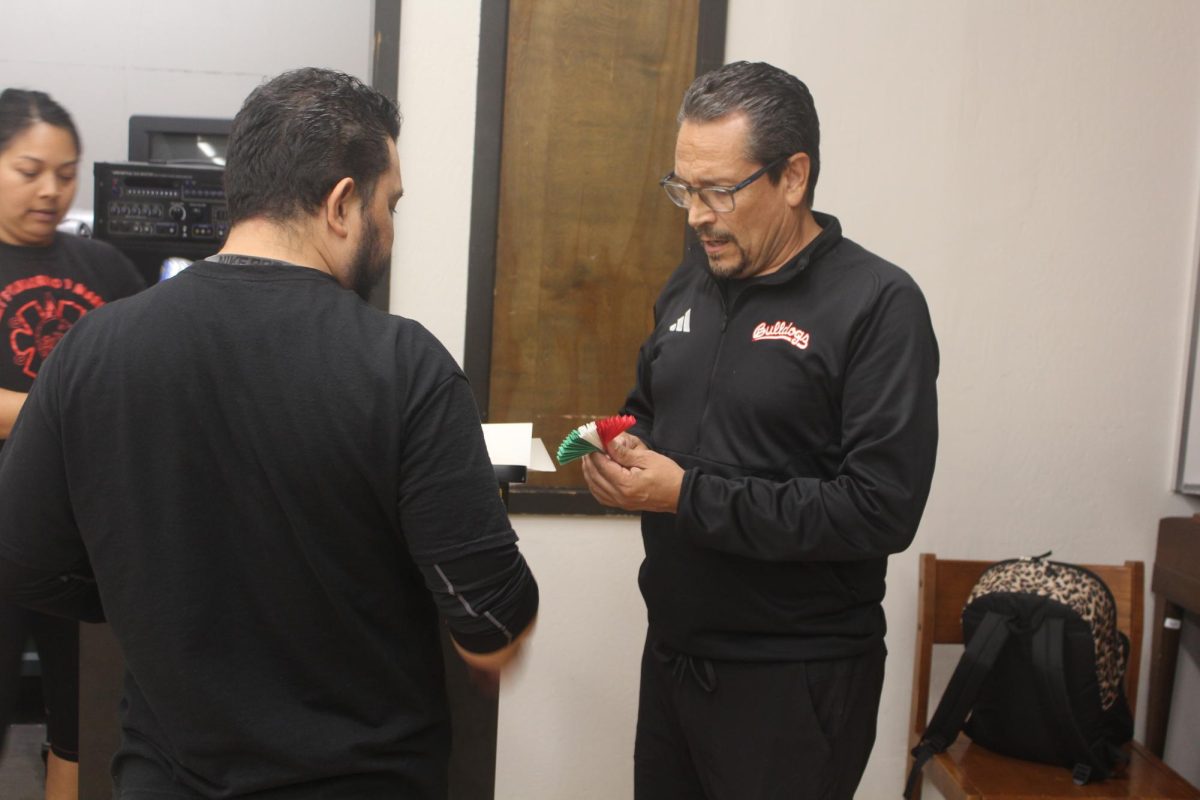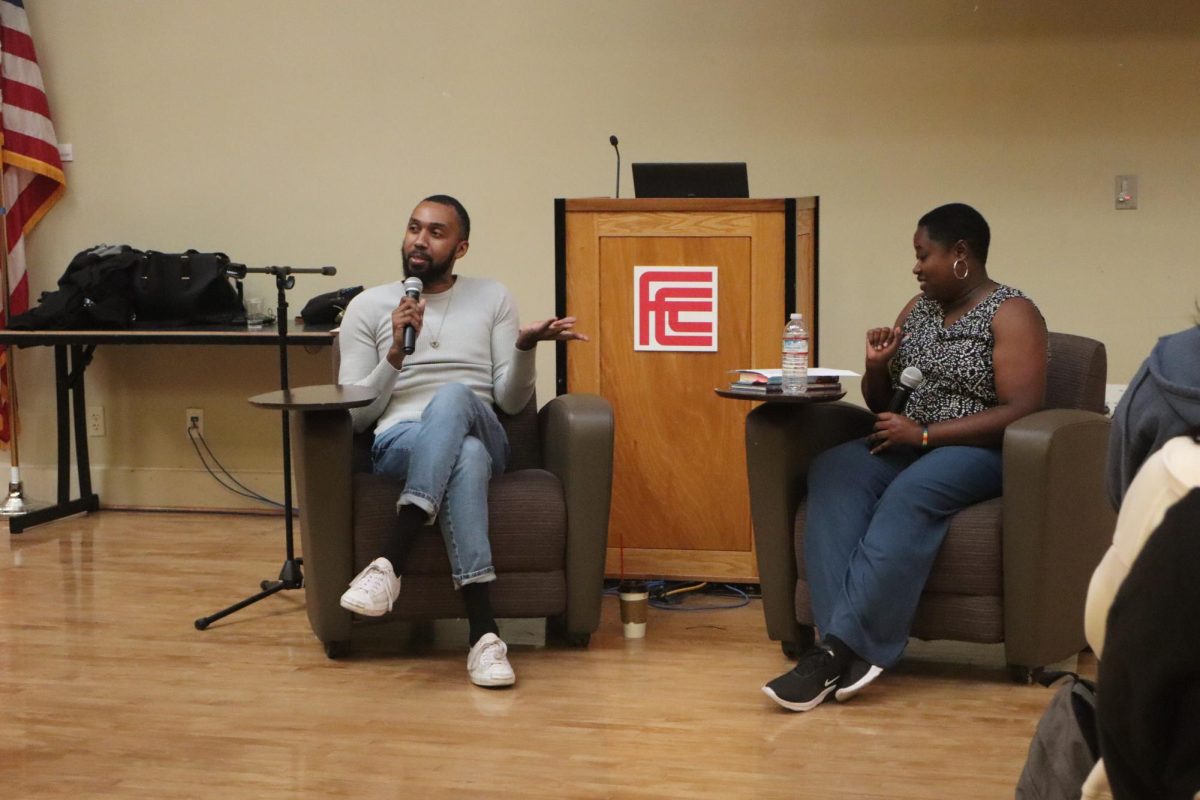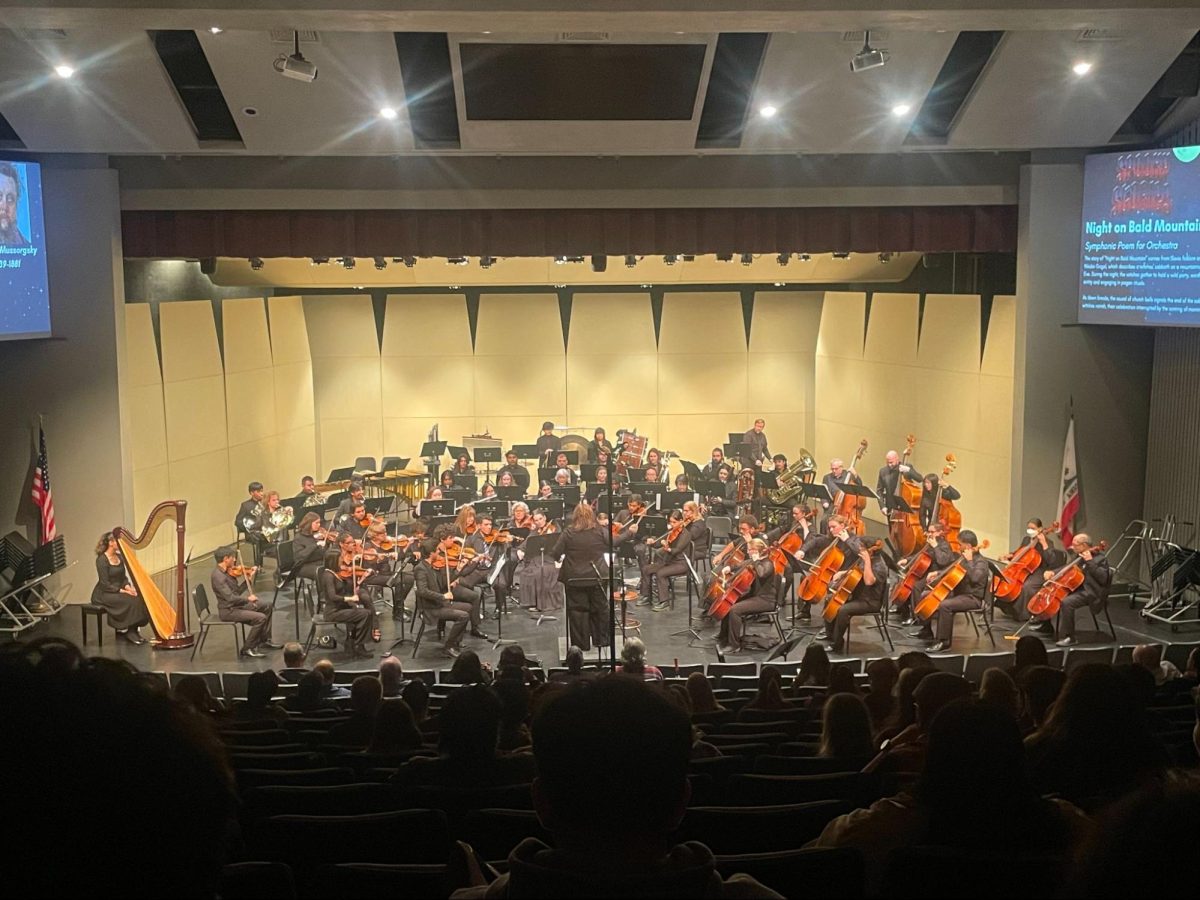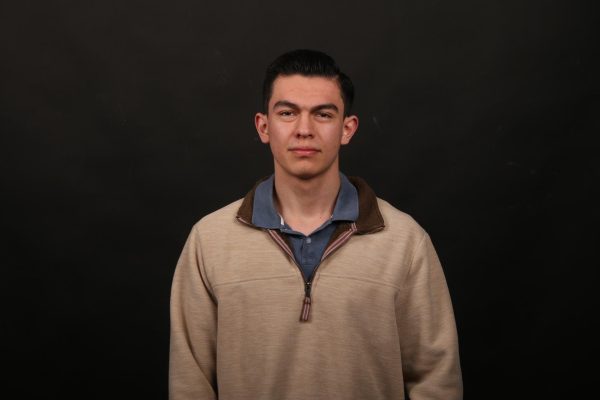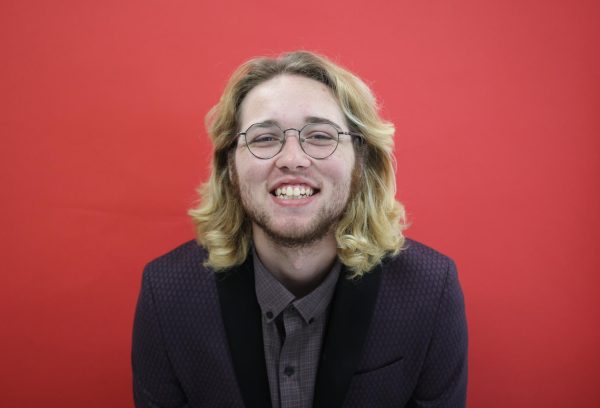Avery Rose Ferry grew up with dust on her shoes and determination in her step. Whether she was chasing a ball on the field or helping out in her community, she carried herself with quiet grit. In high school, she didn’t see herself as the academic type—Advanced Placement classes and study groups felt like someone else’s world. But she found purpose in volunteering, strength in her church community, and discipline in the rhythm of practice and competition.
What changed everything was a conversation, not about sports, but about school. Today, Ferry is a biology major in the Leon S. Peters Honors Program at Fresno City College, pursuing a future she never imagined, and finding her stride in more ways than one.

At FCC, the honors program is helping students like Ferry rewrite the narratives they once believed about themselves. Through small, discussion-based classes and supportive faculty mentors, the program gives high-achieving and high-potential students the tools—and the space—to grow.
The honors program at FCC offers an enhanced educational experience designed to support and acknowledge high-achieving students. The honors courses are creative and demonstrate the instructors’ dedication to fostering students’ academic, intellectual, cultural, and social growth.
Julio Treviño, the Leon S. Peters Honors Program coordinator, said there are advantages to being in the program.
“We focus on working with these students and helping them continue to foster their academic success and growth on our campus,” Treviño said.
Being part of this honors program offers a variety of advantages, such as earning a Certificate of Honors at graduation and recognition of honors courses on transcripts, more connectivity with professors, receiving educational counseling and transfer assistance, and more.
Within the program, a student can apply for the Leon S. Peters Honors Scholarship, a $1,000 scholarship that is offered to 25 students.
Samantha Rae Duran, a second-year biology student and Phi Theta Kappa inductee, was one of the recipients of the 2025 award. A small ceremony will be held for all the people who received the award.
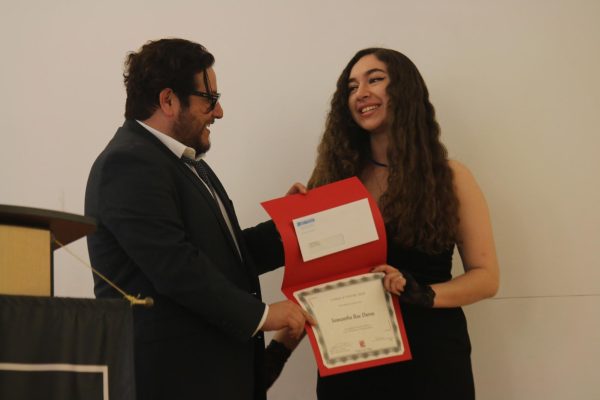
To apply for this scholarship, the student must have already taken and passed a certain number of honors classes before the application date.
The program offers transfer opportunities to various universities in California, except the University of California, Berkeley, UCLA and the University of Southern California.
But belonging to this program has requirements.
High school students must have a minimum 3.5 grade point average (GPA) or rank in the top 25% of their class. They must also have an FCC ID number, current high school transcripts, and meet other requirements.
For an FCC applicant, someone has to complete at least three transfer-level college units, have a college GPA of 3.3, two letters of recommendation, a superior performance on an essay, and other requirements.
For Duran, it’s harder to think about the disadvantages of being in the program. Because she’s had the opportunity to meet people who have created very positive relationships for her, due to the small group of students in each class.
“I’m grateful for these opportunities to meet these people. That’s why, also, I am extending my stay by an extra semester, because I do love the one-on-one and connections you can build here,” Duran said.
And the connections aren’t just limited to students, but also professors themselves. Treviño still maintains connections with students after completing FCC. He even recently received an email from a former student sending her information about her being shot into sub-orbital space and about her graduating from UC Berkeley.
“The students get very connected to the honors professors. We know them by name. We help them with their research, we mentor them into higher levels of thought and higher levels of work so that they can achieve more,” Treviño said.
Treviño said that while it would be nice to learn the names of all the students in every class, it’s nearly impossible for a class of 130 students.
This contrast highlights one of the key distinctions of the honors program—its smaller, more focused learning environment, but it requires more work.
“One of the perks of the program is that the students are taking classes with students that are mindedly trying to pursue a more rigorous coursework or level of coursework,” Treviño said.
Within the program, a variety of general classes are offered, ranging from one to five units per class.
“The biggest benefits are just an intimate learning experience. You are in a small classroom. I don’t think I’ve had more than 17 kids in one class,” Ferry said. “The professors are there for every need, and it just cultivates a really good learning environment.”
From a student perspective, Ferry has a very good connection with the teachers and counselors, among whom Jessica Shadrick stands out.
“She’s been on top of her game with me, you know, everything that I need. I can email her and she’ll get right back to me for the internships. I think if you reach out to your professors, they have a lot of opportunities for you,” Ferry said.
Shadrick has been an honors program counselor for 15 years and has been in the Counseling Transfer Center for about two years.
Shadrick said the program’s priority will always be the students.
With an average of 250 students per semester within the program, this does not limit the staff’s ability to maintain a good connection with the students when they are at FCC or after.
“But every now and then, they’ll come back and tell us, ‘Thank you so much. You’ve been so helpful. I couldn’t have done this without you,’ which is very rewarding for us,” Shadrick said.
Shadrick said this program provides a lot for students to excel in their academic lives.
“It’s another opportunity for students to feel engaged, to feel empowered, and to help them along their transfer journey,” Shadrick said.
Despite such strong individual support, some say there’s still a broader misunderstanding about the needs of high-achieving students.
“One of the common misconceptions is that students in the honors program don’t require any additional support,” Treviño said.
But Treviño said these students are already at a high level of achievement, and they are putting in the work to do so.
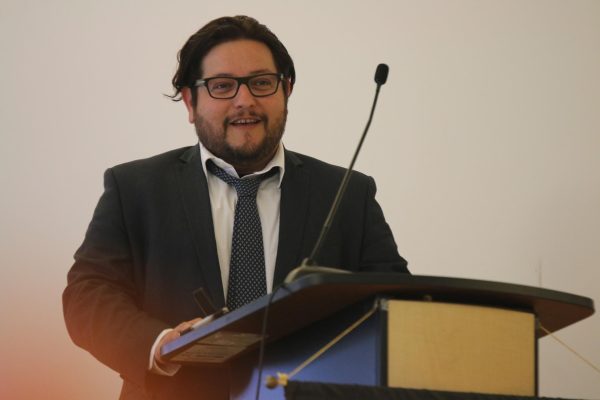
Ferry had a conversation with a girl who was unsure about applying to the program for fear of not being accepted, and that’s where Ferry gave her some advice that could be useful to students who want to apply.
“Don’t worry about it, because it’s all about effort. As long as you put in the effort and keep a good communication line with your professor, you just can’t fail,” Ferry said.
One of the plans to increase the program’s benefits is to expand the number of transfer universities after a student has completed their stay at Fresno City College.
“I’m hoping to open up a connection or pathway through California State University, Sacramento’s Black Honors College, which is the only one that they have in California,” Treviño said. “Will be doing a new five-year rotation plan for our letter for our course offering, so that our students know semester to semester, what courses are going to be available for them, so they can better plan out their student education plans.”
This will open more students from different cultures to be part of the program.

